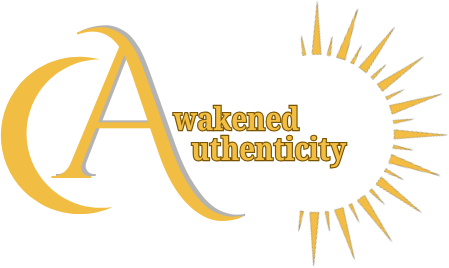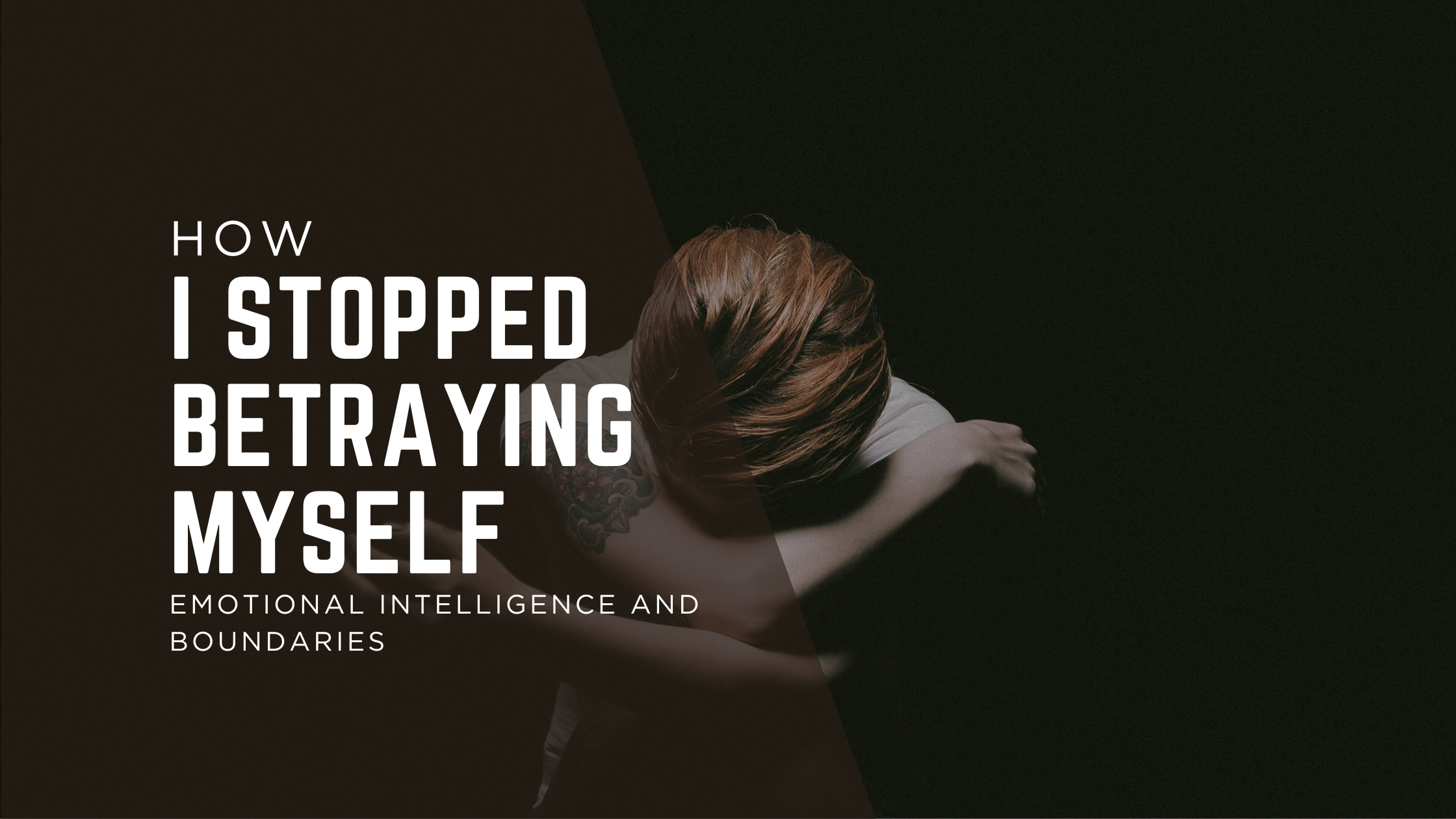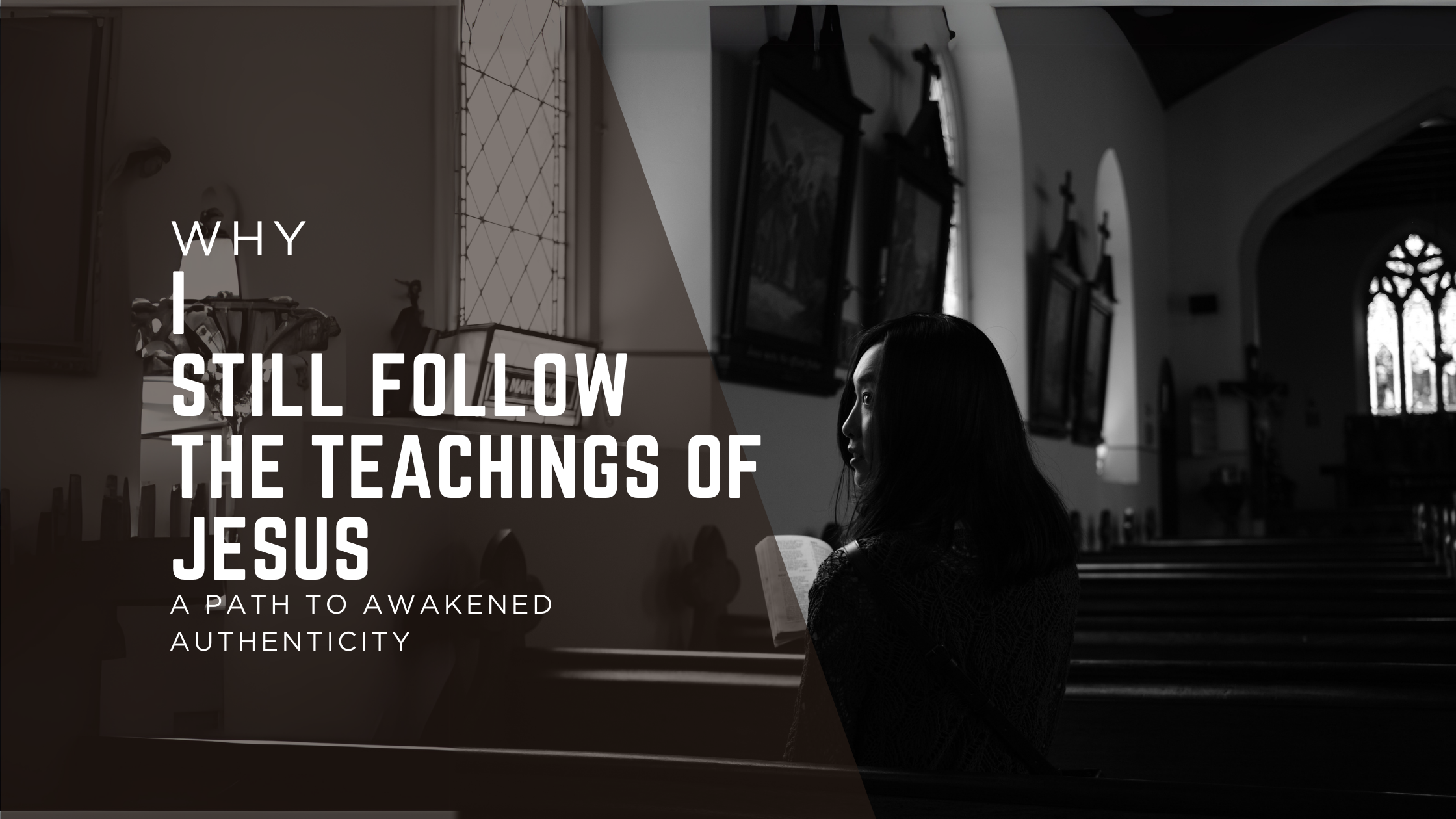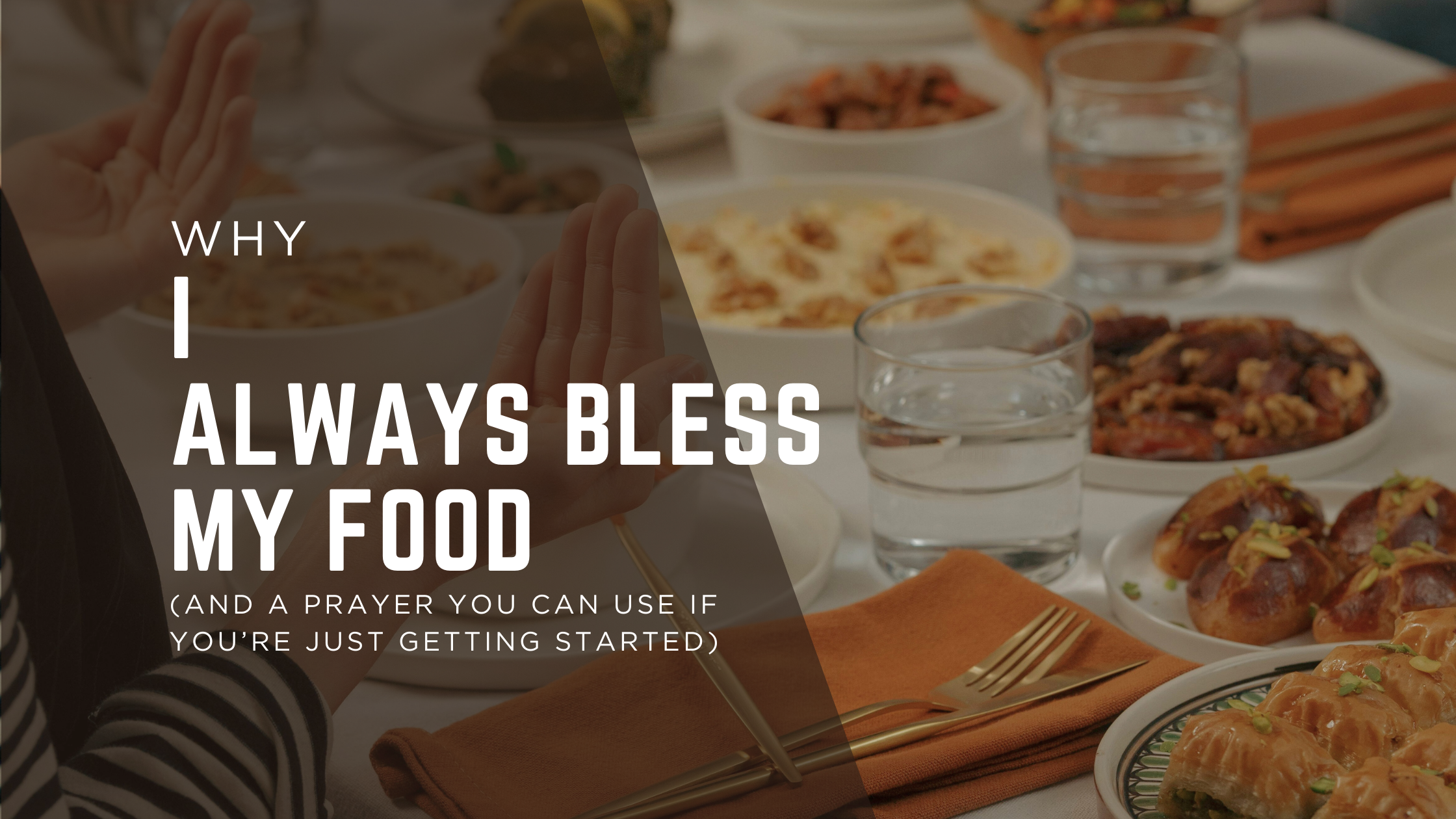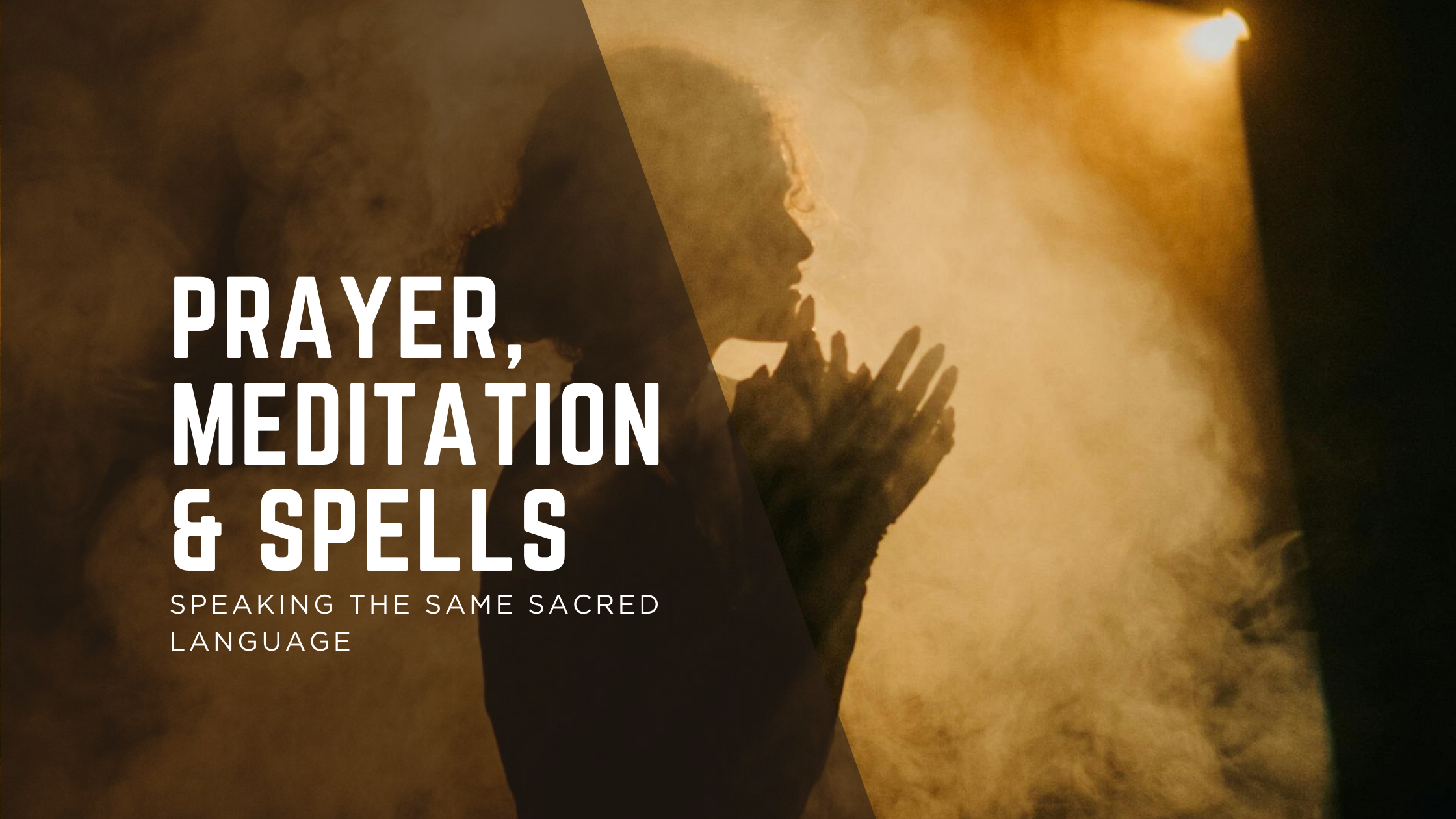🕒 Reading Time: 15 minutes
✍️ Written by: Victoria Rose
📅 Published on: April 22, 2025
For much of my life, I didn’t realize how often I was betraying myself. I thought I was being a good daughter, a good friend, a good wife—keeping the peace, avoiding conflict, and making sure others felt comfortable, even at the expense of my own well-being. But over time, I learned that self-betrayal comes in many forms, and one of the most insidious is failing to set and enforce boundaries.
When I started prioritizing my emotional intelligence and learning how to set boundaries, everything changed. I stopped living for the approval of others and started standing in my truth. It hasn’t always been easy, but it has been necessary for my happiness, my self-respect, and my freedom.
Table of Contents:
The Connection Between Emotional Intelligence and Boundaries
- What is Emotional Intelligence?
- What is Boundary Setting?
Personal Experiences
- How Lack of Boundaries Led to Self-Betrayal in My Marriage
- Setting Boundaries with My Mom
Choosing Yourself is Not Betrayal

The Connection Between Emotional Intelligence and Boundaries
Emotional intelligence and boundary setting go hand in hand. Emotional intelligence (EI) is the ability to recognize, understand, and manage our own emotions while also being aware of and empathetic toward the emotions of others.
What is Emotional Intelligence?
There are five key components of emotional intelligence:
- Self-awareness: Understanding your emotions and how they affect you
- Self-regulation: Managing your reactions instead of letting them control you
- Motivation: Aligning your actions with your values and long-term goals
- Empathy: Recognizing and respecting the emotions of others
- Social skills: Communicating effectively and maintaining healthy relationships
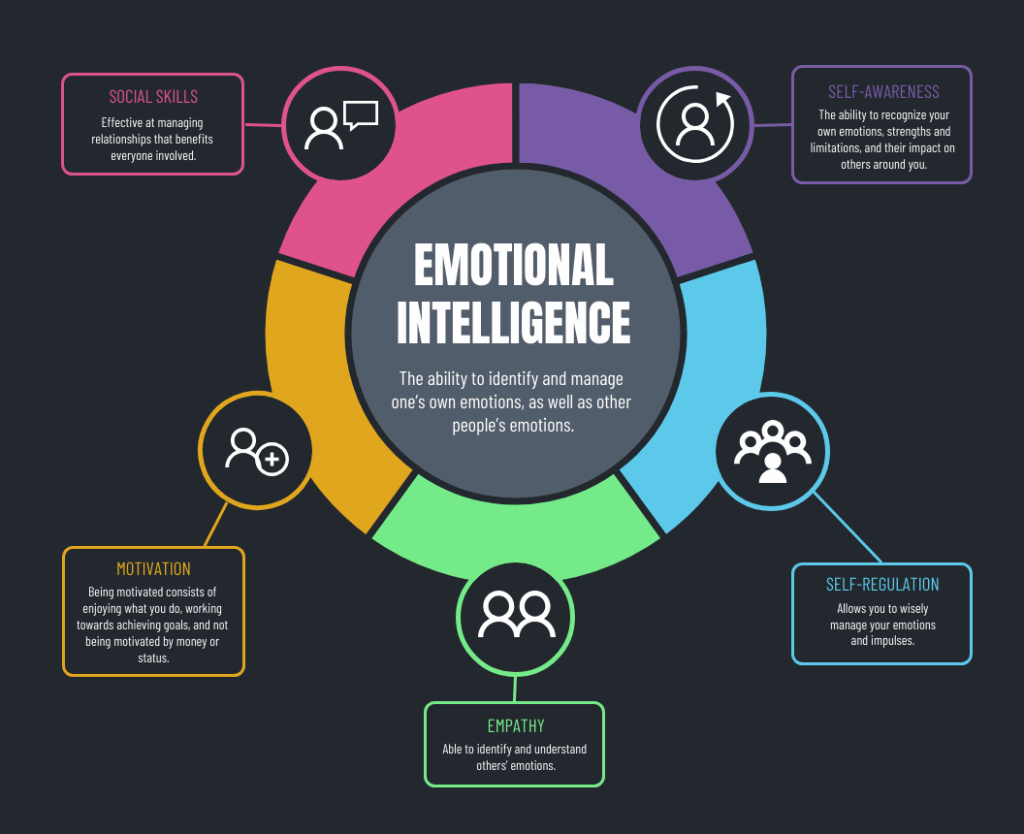
What is Boundary Setting?
Boundaries are limits we establish to protect our emotional, mental, and physical well-being. Types of boundaries include:
- Emotional boundaries: Protecting your energy by not absorbing others’ emotions
- Mental boundaries: Honoring your beliefs and values
- Physical boundaries: Defining personal space and touch preferences
- Time boundaries: Managing your time and commitments
- Conversational boundaries: Choosing what topics to discuss
Personal Experiences
How Lack of Boundaries Led to Self-Betrayal in My Marriage
One of the most painful lessons I’ve learned about boundaries came from my marriage. Throughout my relationship, I consistently and clearly communicated my needs and desires. I expressed what I longed for in a partnership, the intimacy and emotional connection I craved, and what would make me feel loved and valued. But despite this, I lacked firm boundaries. I did not enforce consequences when my needs continued to go unmet. Because of this, there was no change or growth in my marriage. My ex-husband heard what I was saying, but there were no shifts in behavior, no efforts to meet me where I was emotionally.
Over time, it became clear that my needs and desires did not hold weight in our relationship. It felt as if he believed they simply did not matter. I want to be clear—this was not entirely his fault. He had the choice to be a loving, present husband, to hear my needs and adjust to nurture our relationship. But I also had a responsibility: to set and uphold boundaries. I take full accountability for the fact that at that time in my life, I didn’t know how to set boundaries that demanded respect and action. If I had understood how to enforce boundaries effectively, my marriage could have ended in a way that was more aligned with integrity. Perhaps, had my husband understood the severity of how I felt, things could have changed. But ultimately, because I failed to uphold my own emotional limits, I ended up betraying myself—and him—by stepping outside of our marriage.

Setting Boundaries with My Mom
One of the hardest boundaries I’ve ever had to set was with my mom. She raised me in a deeply religious Christian household, and from the time I was born, I was told that if I did not follow the teachings of the Bible, I would die and go to hell. This belief system was not something I had a choice in; it was imposed upon me as absolute truth.
As I grew older, I began to question these teachings and eventually came to a different understanding of spirituality. I no longer identify as a Christian, but I hold deep reverence for the teachings of Jesus. I believe his message was not about fear and control but about the divinity that exists within each of us. Love is the highest truth, and that is what I choose to follow.
When I told my mom about my spiritual evolution, I knew it wouldn’t be easy for her to accept. However, what I didn’t anticipate was her outright refusal to respect my beliefs. She continued to push religious conversations on me, dismissing my boundaries despite my repeated requests to stop. Finally, I had to make a choice: continue subjecting myself to conversations that felt like an attack on my autonomy, or stand in my truth and enforce the boundary. I warned her that if she could not respect this limit, I would no longer engage in communication. She refused to stop. So, I made the painful decision to discontinue contact.
Choosing Yourself is Not Betrayal
For so long, I feared that setting boundaries meant I was being selfish, disloyal, or unkind. But I now understand that the real betrayal was abandoning myself to make others comfortable. I still love my mom. I always will. But I also love myself enough to choose peace over chaos, respect over guilt, and truth over fear. And that, to me, is the greatest act of self-trust. If you are struggling to set boundaries, know this: You are not alone. You are not wrong for protecting your peace. And you are absolutely worthy of living a life that honors who you truly are.
You are free. You are whole. You are enough.
And love—true, unconditional love—will always be the reason why. ❤️
If you loved this and want to keep reading. Go check out my blog on How to Get Clear on Your Relationship Goals – it is super juicy.
